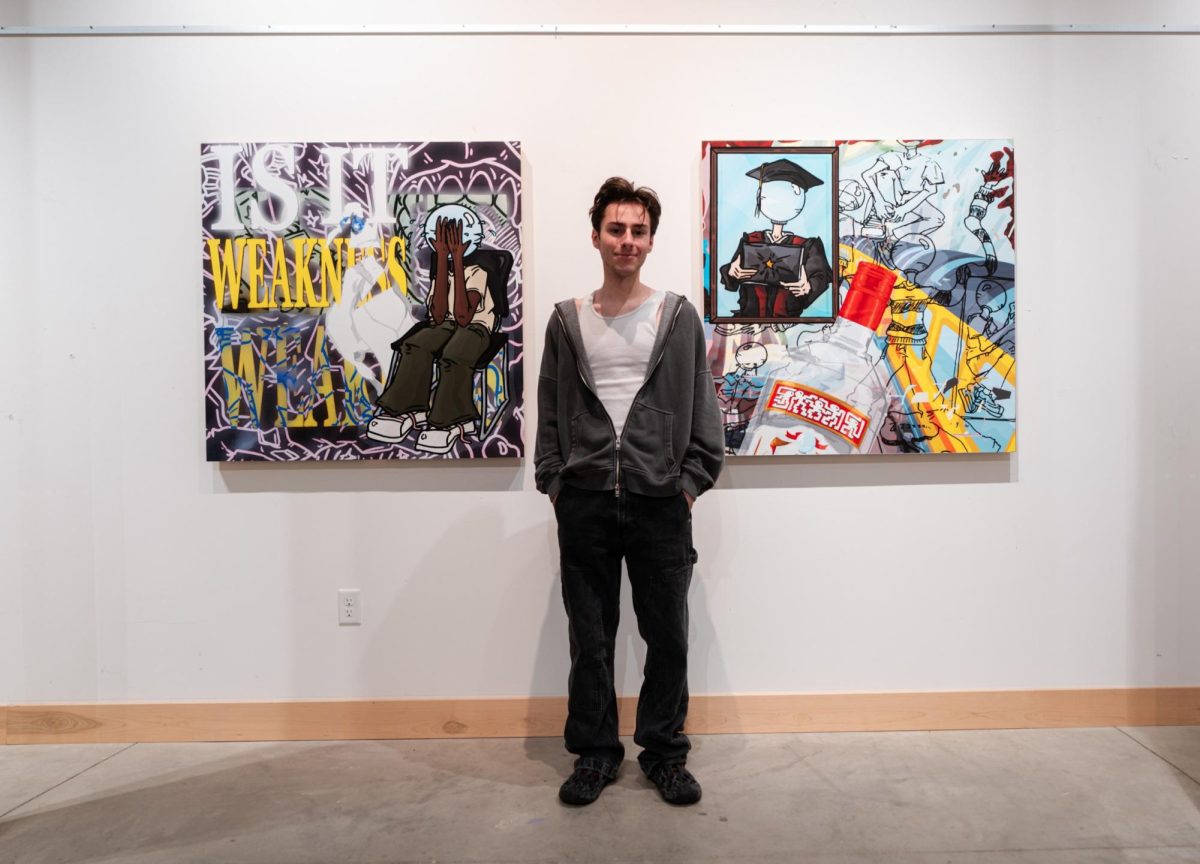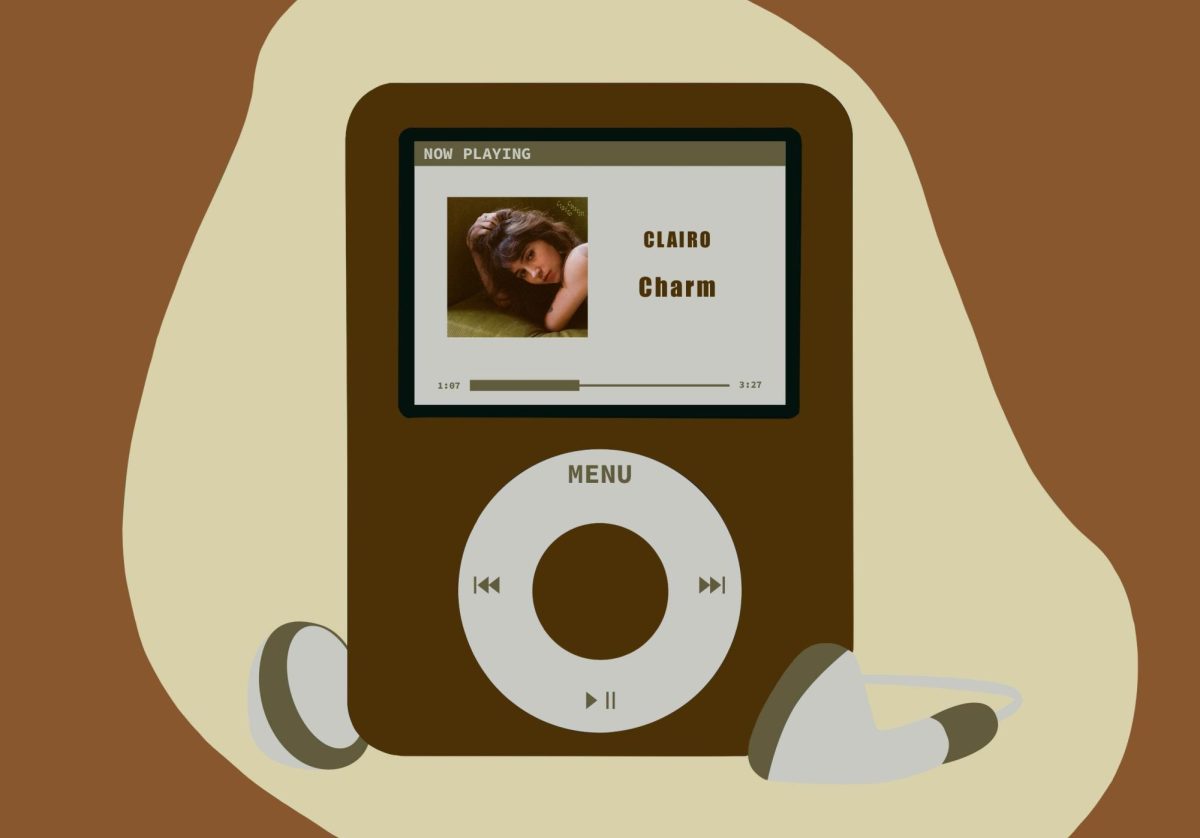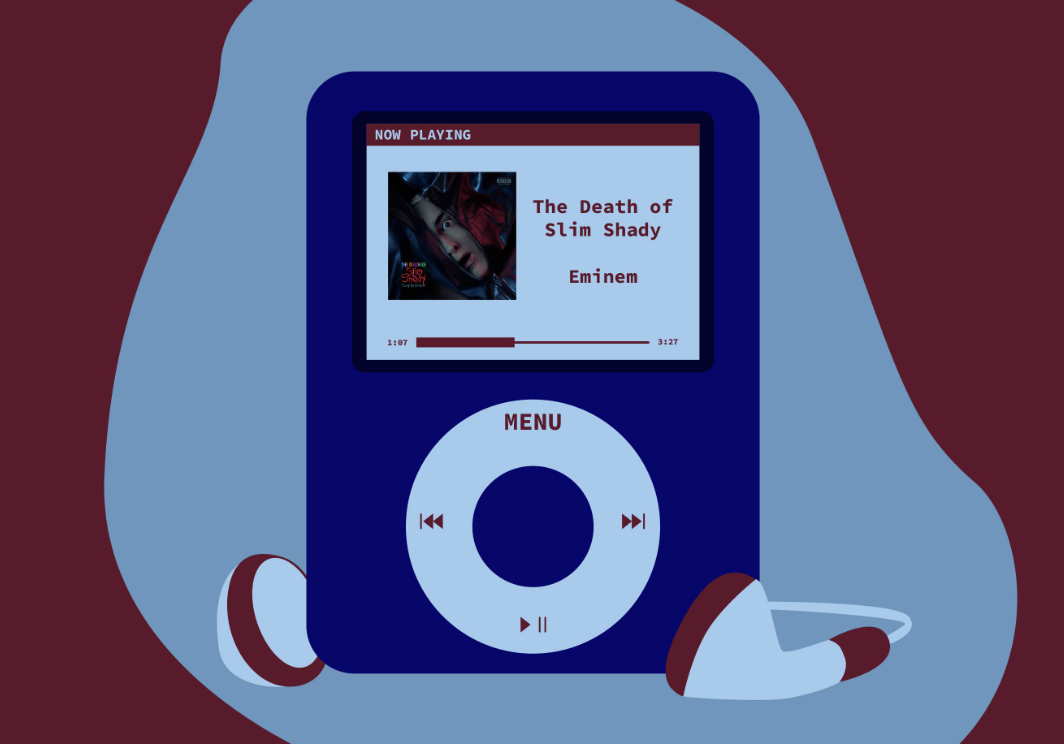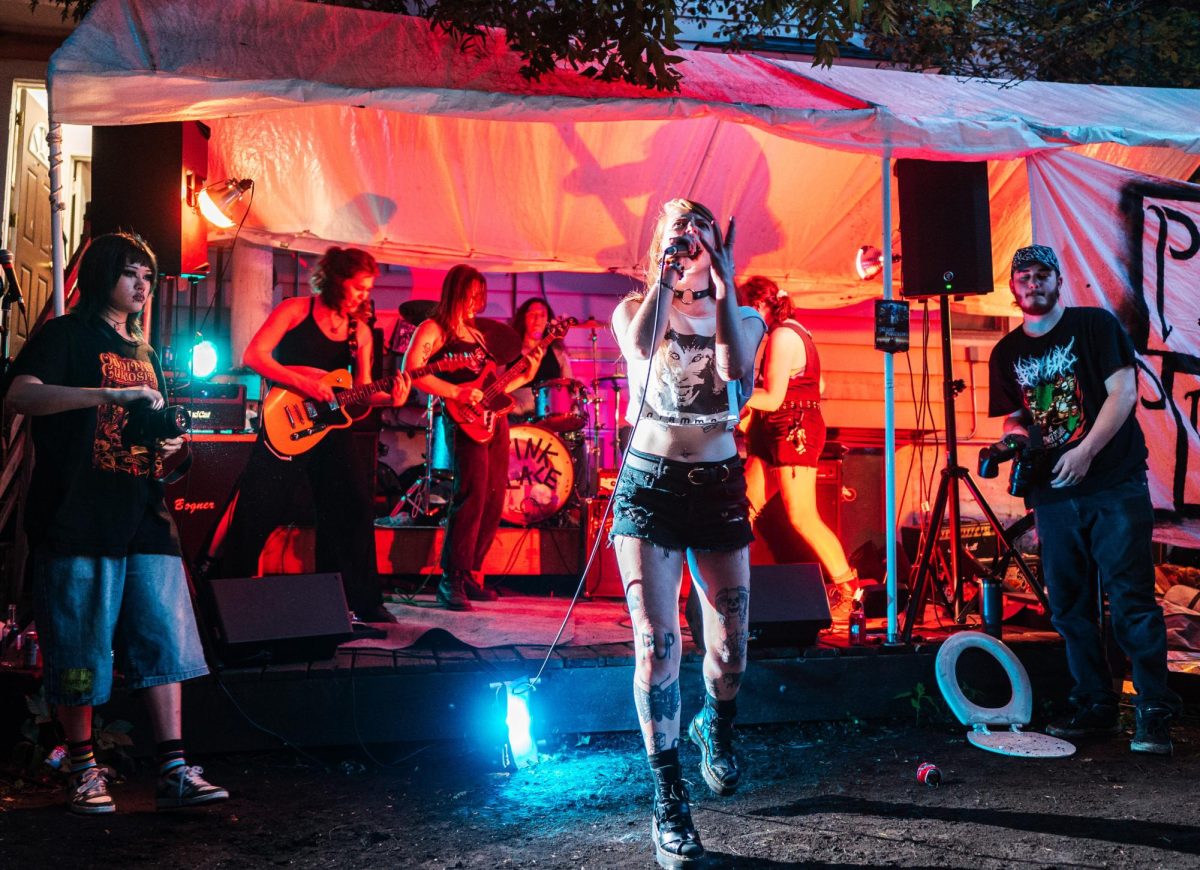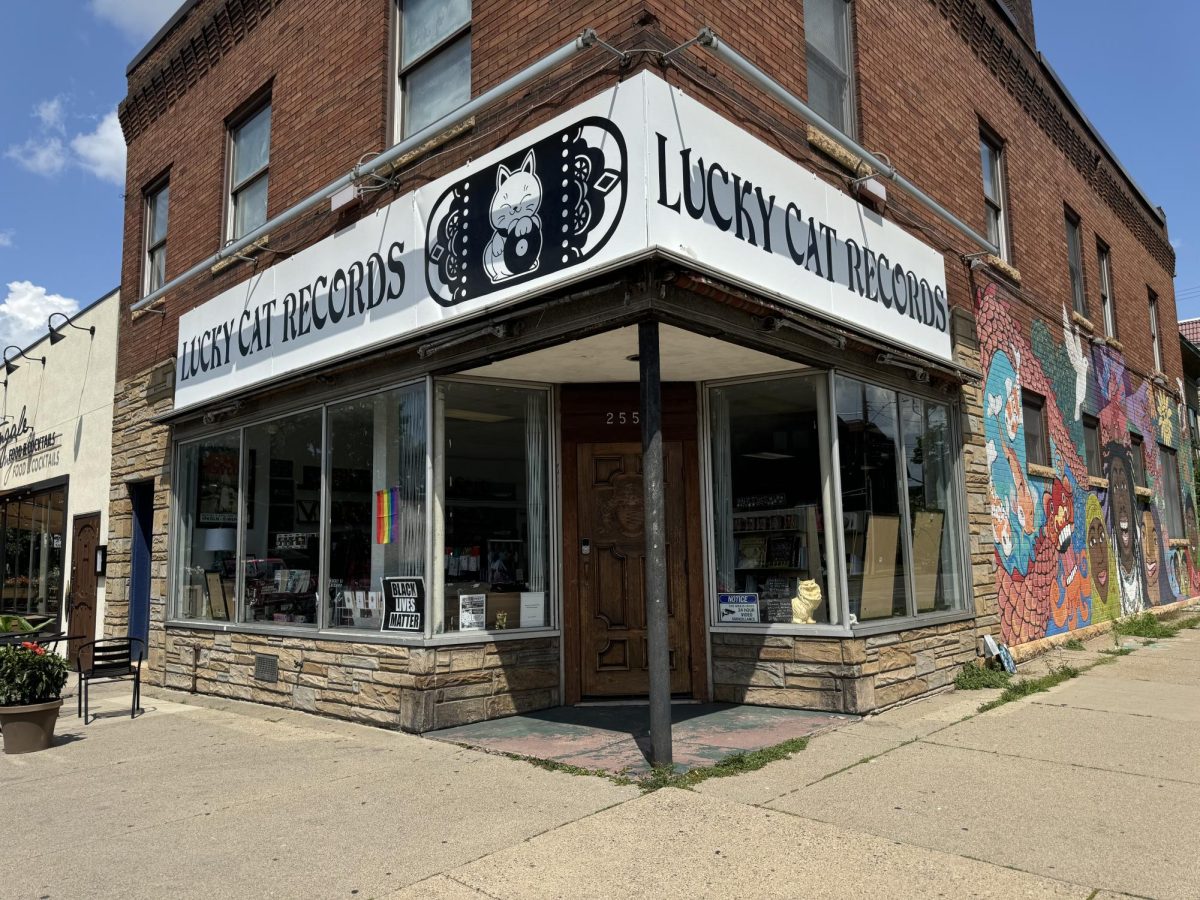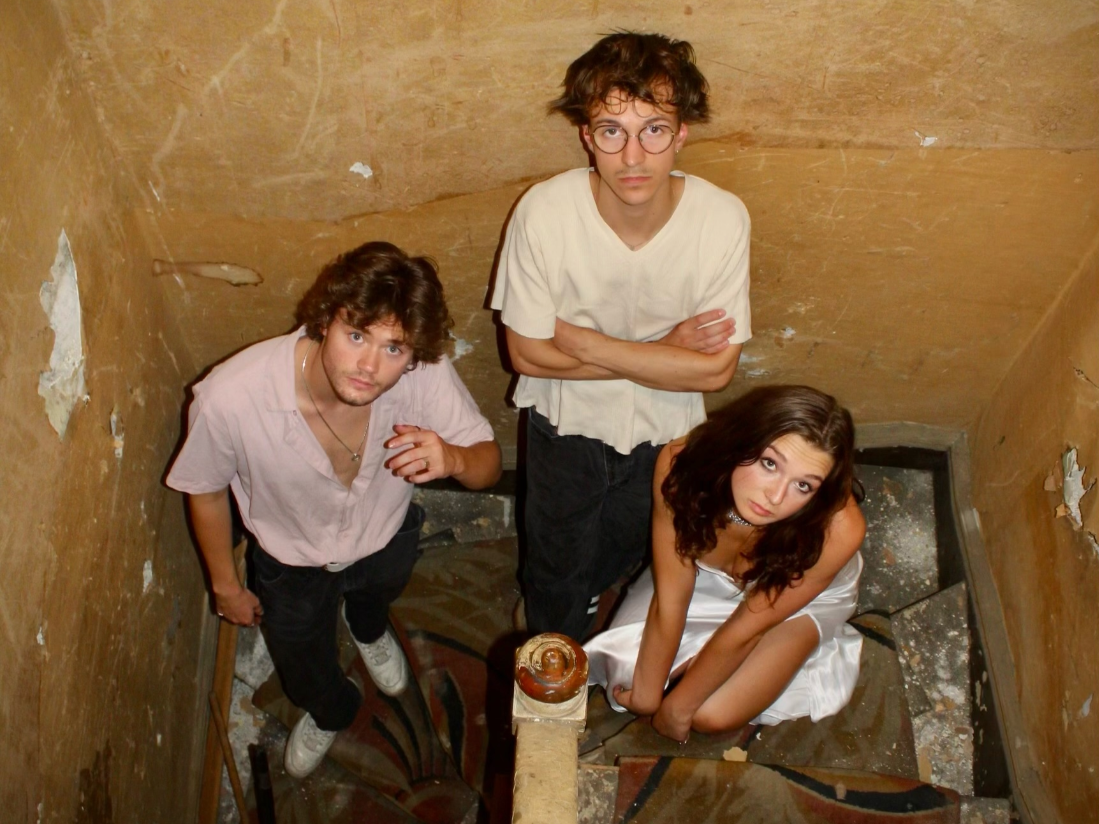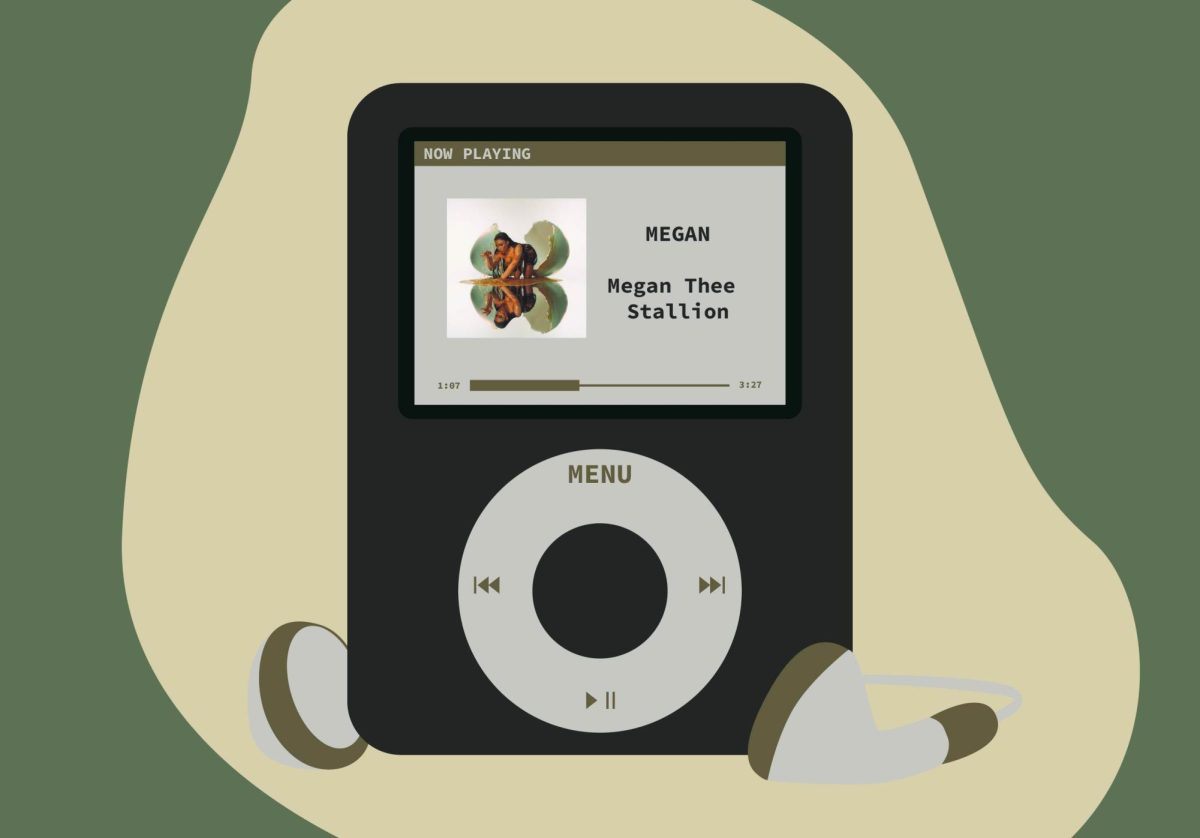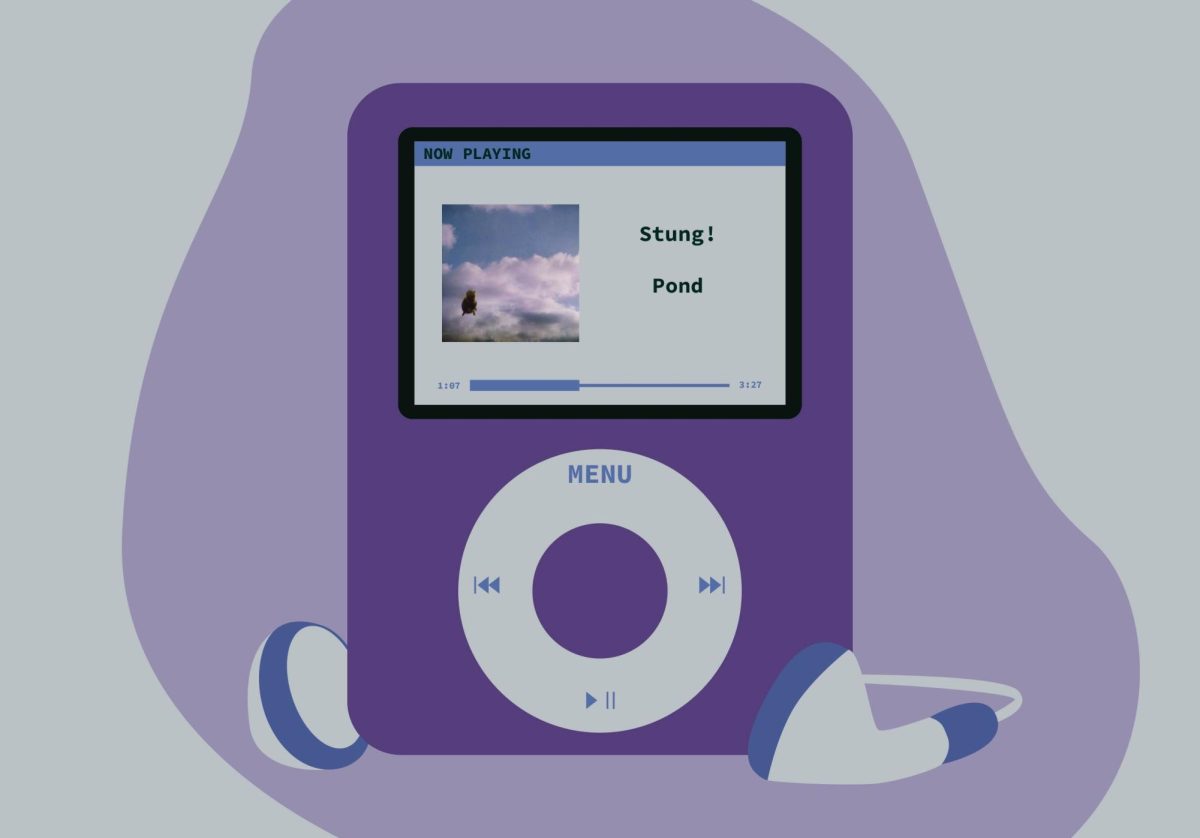Last weekend, the University of Minnesota’s University Opera Theatre performed their spring production, Giacomo Puccini’s “Suor Angelica” and “Gianni Schicchi.”
Directed by David Walsh, the production took place at the Ted Mann Concert Hall where operatic performers were backed by an orchestra made up of University students.
Today, Puccini is considered one of the greatest opera composers. “Suor Angelica” premiered in 1918.
“He was very disappointed that it was not a success at its premiere at the Metropolitan Opera,” Walsh said. “It has never been one of his most popular operas either, with the public or with critics. However, it contains very beautiful music and an amazing story that I think still resonates with people today.”
“Suor Angelica” is about a young woman who has a child out of wedlock. Some years later, her son passes away. After trying to kill herself by ingesting poison she has a vision of her son in heaven. At the end of the opera, it isn’t clear if it’s fantasy or reality.
“It’s obvious that these themes have made it a difficult opera to present,” Walsh said. “But it speaks to many important aspects of human nature and existence. I think it’s important for us to re-examine these themes today.”
The opera’s title role was played by Carole Schultz, a doctoral candidate in voice performance at the University. For Schultz, the emotionally-draining role is more than just a title character in a short opera.
“[‘Suor Angelica’] holds a special play in my heart,” Schultz said. “It was the first opera I ever performed in. In Madison I sang in the chorus and had one lone solo line. Now I’m singing the title role.”
Schultz’s turn from choir member to lead has not been meteoric. In typical fashion, she chipped away at roles before finally breaking through.
For those taking its roles on, “Suor Angelica” provides interesting insight into growth, aging and family.
“It’s a heart-breaking part to sing,” Schultz said. “I’m very glad I get to sing this before I have children as it’s just packed with emotion.”
Many claim the art form of opera is unlike any other type of musical performance.
“It incorporates voice, text, music,” Walsh said. “As Richard Wagner once said, ‘It is the complete work of art.’ So just on that basis alone it’s already unique and exceptional. Opera is one of the most intense forms of artistic experience one can have. It can operate on multiple levels at the same time.”
The joys and challenges of interpreting a character are not unique to opera. They come with any form of musical theatre.
“But what makes opera special is the music,” Schultz said. “The sound you have to produce in order to be heard over an orchestra is incredible. It’s a whole body workout.”
The challenges of performing an opera center on a few key differences from, say, a musical, or a folky play.
“We’re trying to act and make the story impactful for the audience,” University senior and vocal performance major Valentina Sierra said. “We constantly have to think about our technique vocally and watch the conductor to make sure we’re together with the orchestra. It’s such a glamorous yet raw and complex art form and most operas have messages that still prevail in our society today.”
Understanding the difference between emotional and technical complexity and overindulgent sadism is difficult. There’s a fine line between beautiful and schmaltzy.Still, that line can be blurred by preconceived notions of what opera is.“Contrary to what many people unfamiliar with opera imagine, opera powerfully addresses many issues everyday people face,” Walsh said. “It contains real and tangible human emotions and is not at all remote and elitist.”













